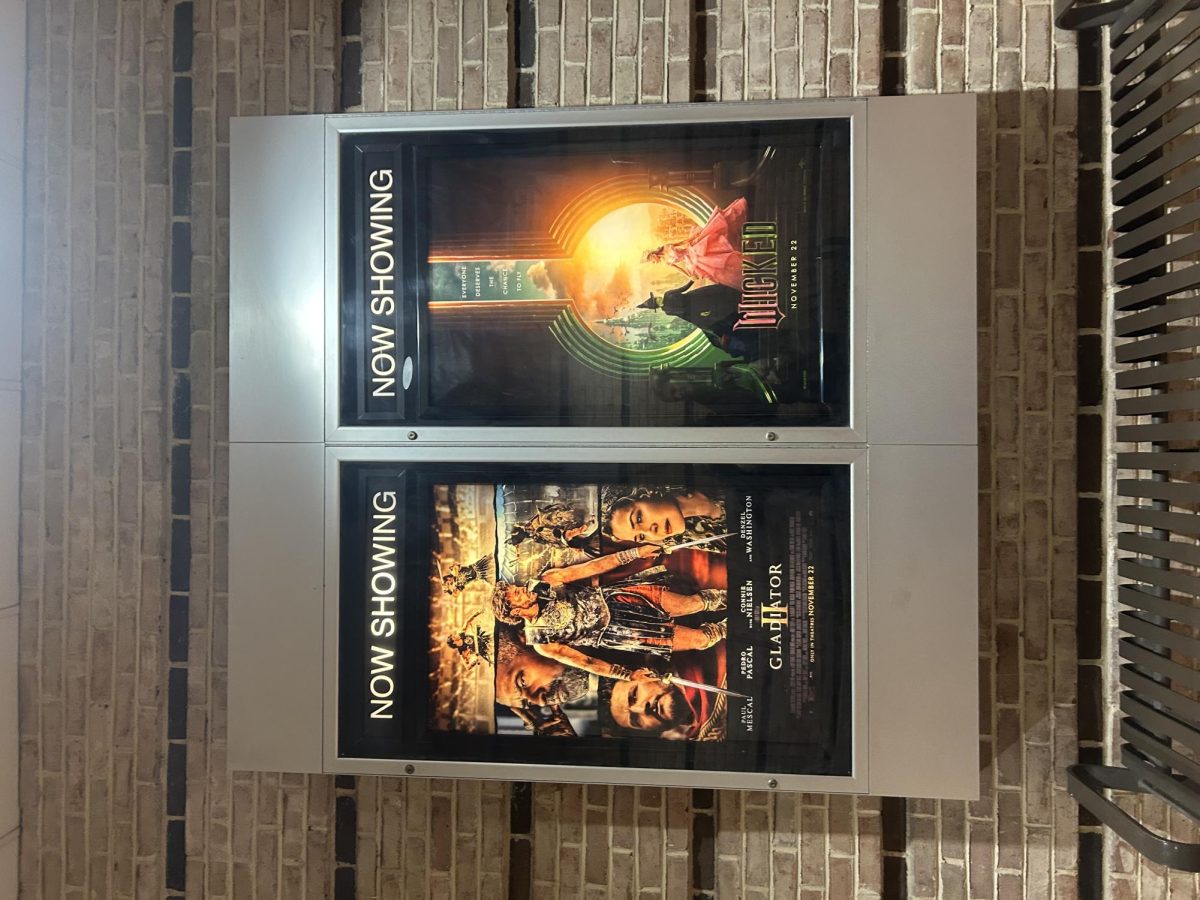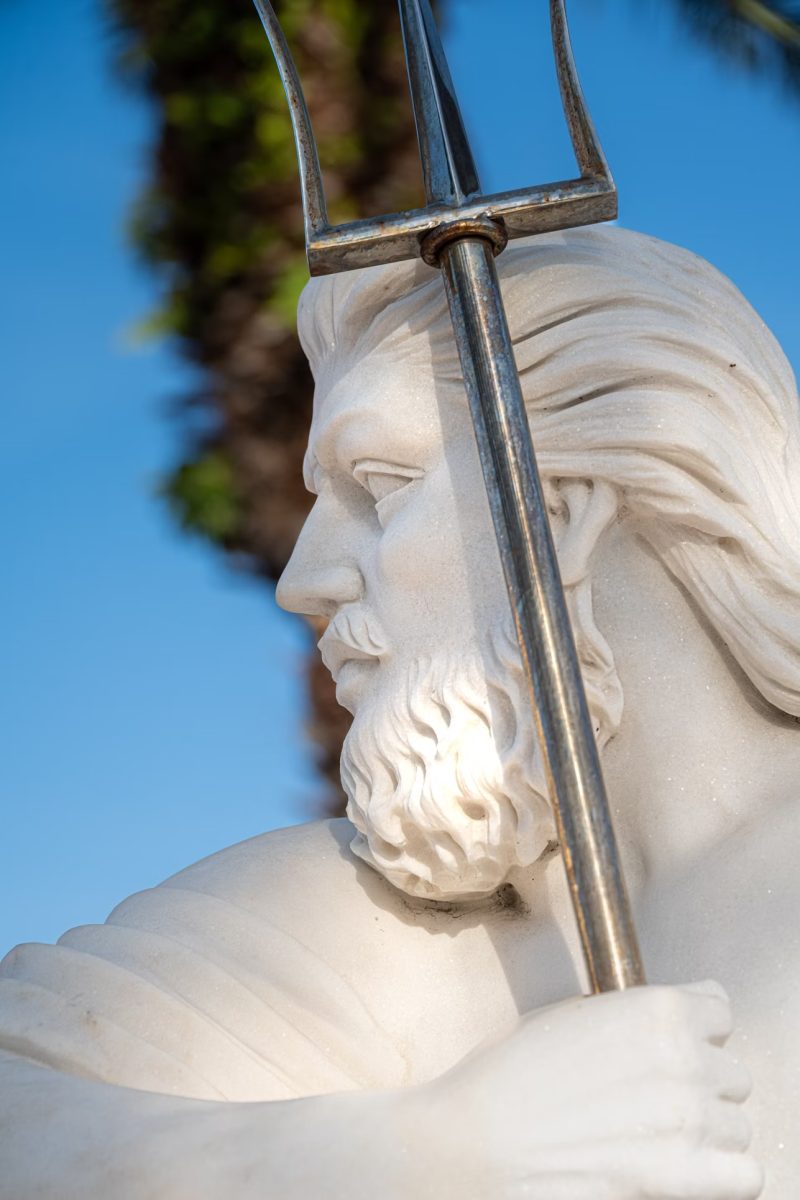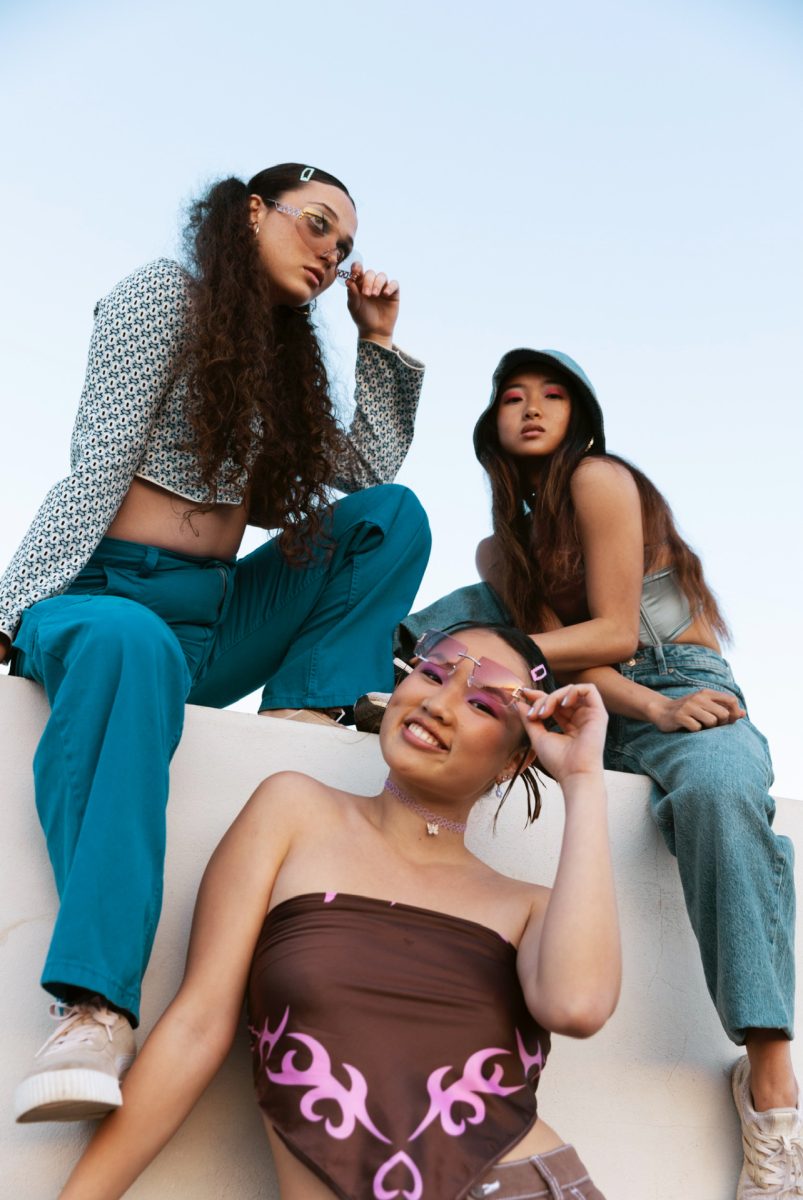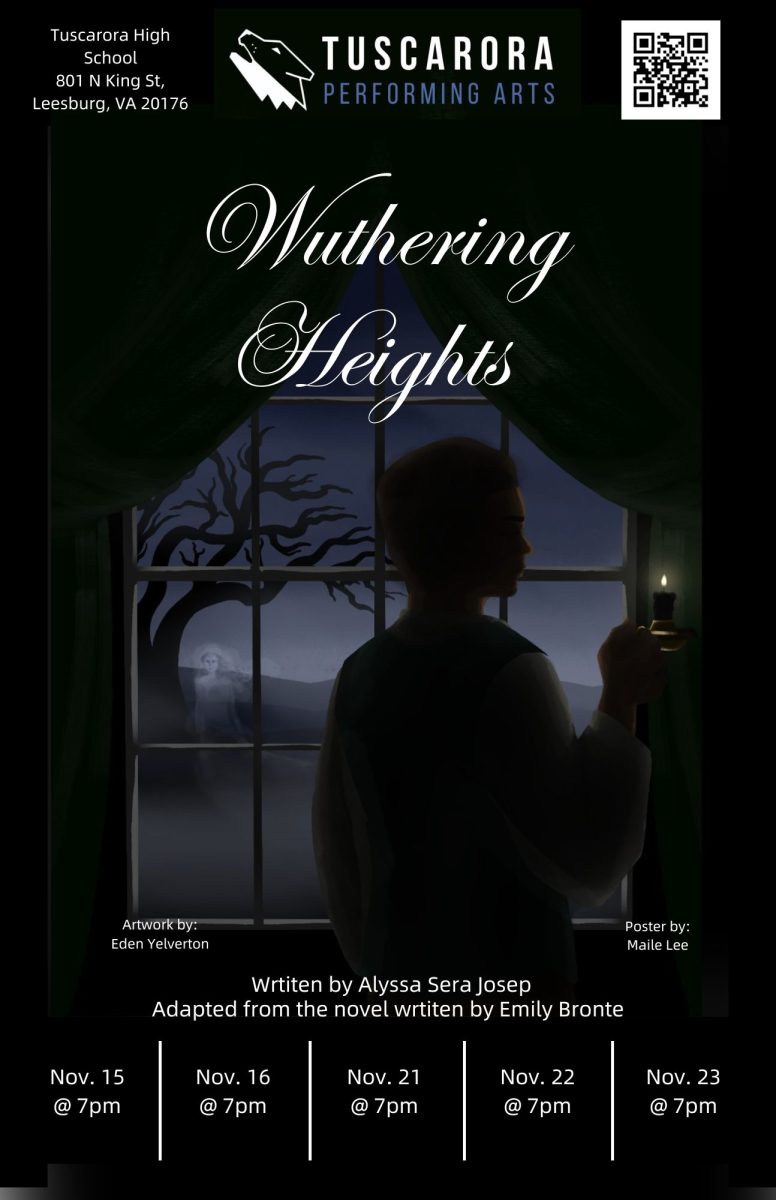It’s August 30th. A clock ticks down on the screen, blue light reflecting in the viewer’s eyes. Anticipation grips them with every number that scrawls by, intensifying when the timer finally reaches zero. This was the experience of hundreds of people who tuned in to listen to the most recent release of songs for “Epic: the Musical.” First officially released on Christmas of 2022, “Epic” is an ongoing internet musical that has a relatively small yet growing fanbase. With every new saga (album) that is released, the number of viewers and fan content increases exponentially.
With such a faithful fanbase, it might come as a surprise that the story itself is not remotely new. In fact, it’s an adaptation of the two thousand year old classic, “The Odyssey.” While its source material may not exactly scream “page turner” to some, 26 year old Jorge Rivera-Herrans has managed to turn a potentially boring experience into a cult classic. From its humble beginnings as TikTok shorts, “Epic” has taken the internet by storm, streaming on multiple platforms and growing exponentially in popularity, all while retaining its original fanbase. So what inspires such fierce loyalty? What is it about an unfinished musical portraying an ancient Greek tale that can pique the interest of so many?
Nikki Rojas Sanchez, a senior at Tuscarora, was first exposed to “Epic” through social media in 2022 and has been a fan ever since. She believes that “the musical takes a really entertaining and fun spin on the original work.” Perhaps this is, in part, one of the most notable draws of the musical. Even though it remains faithful to the source material for the most part, Rivera-Herrans manages to masterfully conform the narrative so that it has a fresh take on the characters and story.
Madeline Rhodes, a fellow senior and a newer listener of “Epic,” holds a similar perspective: “The book has details that somehow the musical captures in a fun twist. I believe that Epic is a great adaptation of the Odyssey, and is a great thing to listen to if you have a concept of the book.” While this aforementioned “twist” is most prominent in the unique take on the characters and events, I believe that the creator himself has an uncommon approach to his work and how he interacts with his audience.
Rivera-Herrans, affectionately referred to as “captain” (among other names), is unlike any other artist that I have encountered. While many opt to distance themselves from their respective communities, he has directly involved himself from the start. For example, instead of narrowing the search for his cast to well known artists, he opened up auditions to anyone from his then small audience, from wherever they were in the world. This was a direct invitation to involve his audience in the process of this musical’s creation. This displayed his attitude as a creator and helped establish him as a uniquely personable figure. From silly shorts to engaging explanations of his music and story choices, it seems that Rivera-Herrans himself is a crucial aspect of the enjoyment of the musical. His clear enthusiasm for his project is contagious. As Rojas states, “I love his work and how he is such a silly guy,” adding, “[It] makes my day a lot better!”
Along with his unconventional approach, Rivera-Herrans has managed to reimagine a cast of characters in an innovative way by taking Homer’s story and making it his own. While Homer emphasizes the thrill of the adventure as Odysseus battles monsters to make it home to his family, Rivera-Herrans focuses on the character’s struggles with embracing ruthlessness as a means to an end. The musical opens with his inner turmoil, with the first song presenting Odysseus with a choice that will ensure his family’s protection in the future, but force him to destroy someone else’s. In the subsequent song, “Just a Man,” “the most important song in the entire musical” as Rojas calls it, he contemplates the decision, ultimately caving in. In under three minutes, Rivera-Herrans establishes not only an integral theme but who Odysseus is as a character:
“I’m just a man who’s trying to go home
Even after all the years away from what I’ve known
I’m just a man who’s fighting for his life
Deep down I would trade the world to see my son and wife
I’m just a man.” (Just a Man)
Despite having the appearance of a man of integrity and reason, it’s established early on that Odysseus would do anything to achieve his goals. However noble his intentions are, he is willing to stoop to any level if it means returning to his family. Rojas asserts that “‘Just a Man’ has the most compelling lyrics in the musical, and shows Odysseus’ true motivations and internal challenges that directs the rest of the story.”
Likewise, Rhodes loves the song because of the “the internal conflict that Odysseus is facing…” Despite Odysseus’ initial hesitation and remorse early in Act 1, “Epic” guides the audience into realizing that he was always capable of hurting others, contrary to what Odysseus and the audience believes.
As Odysseus becomes more desensitized throughout the musical, Rivera-Herrans has stated that his sense of morality is meant to be viewed on a spectrum. On one extreme end of the spectrum is “open arms”, as represented by Polites, Odysseus’ best friend, and his song “Open Arms”. Polites argues that in order to thrive in the world and quell his inner conflict, Odysseus needs to be kind and blindly have faith in everybody. When Odysseus acts on this, it results in Polites’ death and sets off the chain of events that will lead him to embrace the other extreme of “ruthlessness.” Although Odysseus was first introduced to this concept in the opening song, he doesn’t fully get exposed to it until he meets Poseidon, the embodiment of this belief. Subsequent to Polites’ death, Odysseus makes the decision to, as he saw it, have mercy on the cyclops responsible for his death by blinding him instead of killing him. Unfortunately for Odysseus, it turns out that the cyclops that he blinded was none other than the son of Poseidon, the Greek god of the sea. As you can imagine, this might become an issue for a fleet of ships attempting to return home.
Poseidon confronts Odysseus, asserting that since the world is a dark place, in order to survive, he needs to be just as ruthless in order to protect himself and reach his goals. This kind of convoluted messaging and volatile theme is integral to the appeal of the musical. The narrative’s lack of support for Polites and Poseidon’s ideas keeps viewers engaged as the morally ambiguous Odysseus desperately tries to make it home, becoming disillusioned with a crew that no longer trusts him and a moral compass that steadily darkens. Having to watch the tragedy of a “man becoming a monster” play out with each saga keeps the audience invested. We know exactly where the narrative is leading the protagonist we have grown to love, but we hope that it never comes to fruition.
“Epic” does not only draw in viewers for its creator or fresh and intriguing messaging, but also for its openness to interpretation. Somehow, a story that is two thousand years old is able to be analyzed and understood in individual ways. Viewers are able to point blame at characters and view their intentions from different angles and never truly have a definitive answer. There is no one person or event that can be fully accountable for the events of the story. One example of these sorts of debates is whether Odysseus or his second in command, Eurylochus, is responsible for the story’s misfortunes. On the one hand, Rojas states that all blame lies squarely on Eurylochus, as she believes that, “he seems to always make the more cowardly and selfish decisions and it causes the downfall for the rest of the crew… If it weren’t for Eurylochus maybe their crew could still be alive and at home in Ithaca sooner.”
Pointing towards Odysseus’ actions with the cyclops as the catalyst for everything that goes wrong in the musical, Rhodes argues that the blame lies with both of them. “…both in a way are in the wrong, but mostly I think Odysseus is more in the wrong.” Neither of these interpretations are correct or incorrect in the bounds of the story. In fact, the discussion serves to bring viewers together and keep them engaged.
“Epic” has managed to take an ancient tale that very few, especially young people, are interested in and turned it into a musical that everyone can enjoy. “I remember coming back home for the holidays from my family visit to Costa Rica and listening to the Ocean Saga on the plane. It’s like a core memory that I enjoyed a lot,” Rojas recalls. While Rivera-Herran’s passion for the project is magnetizing in of itself, he manages to shape the narrative into something that is both challenging and entertaining. The ingenious aspect of this musical is actually rather simple: it’s the story of human tragedy and suffering under the weight of consequences. While viewers may not be able to entirely relate to Odysseus’ situation or approve of his decisions, they are able to sympathize with his unmistakable internal struggle. Viewers are posed with the haunting challenge of how far we would go if it meant protecting those we love, and it is this kind of harsh reality that makes the musical so well loved.






